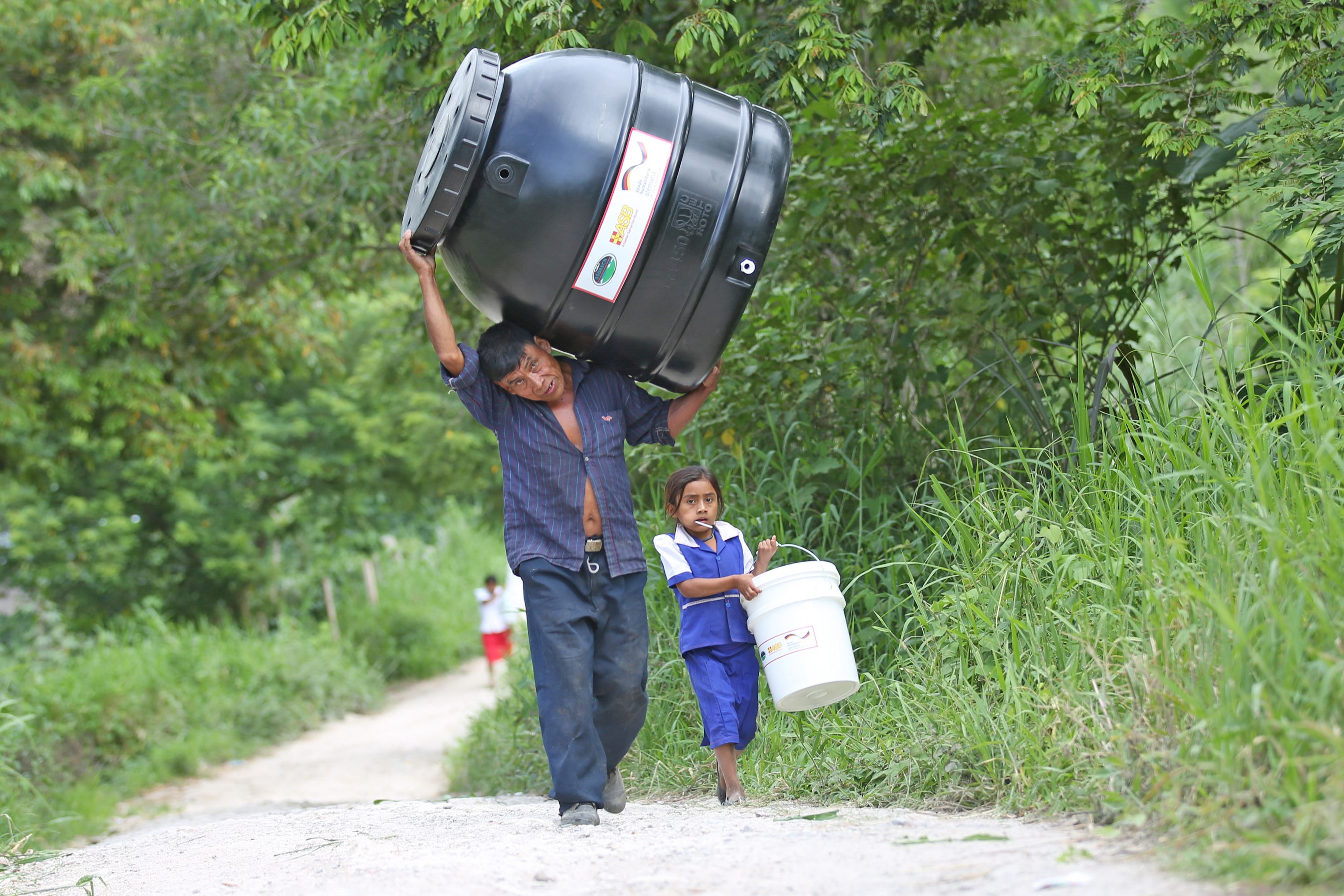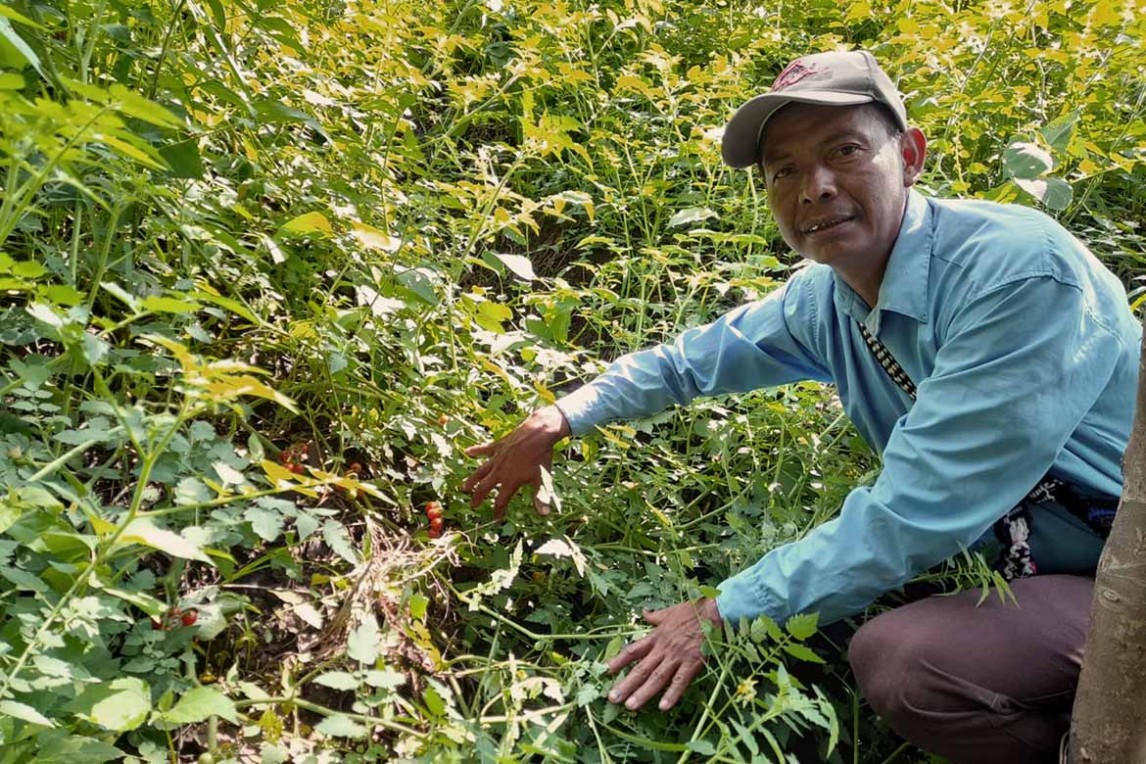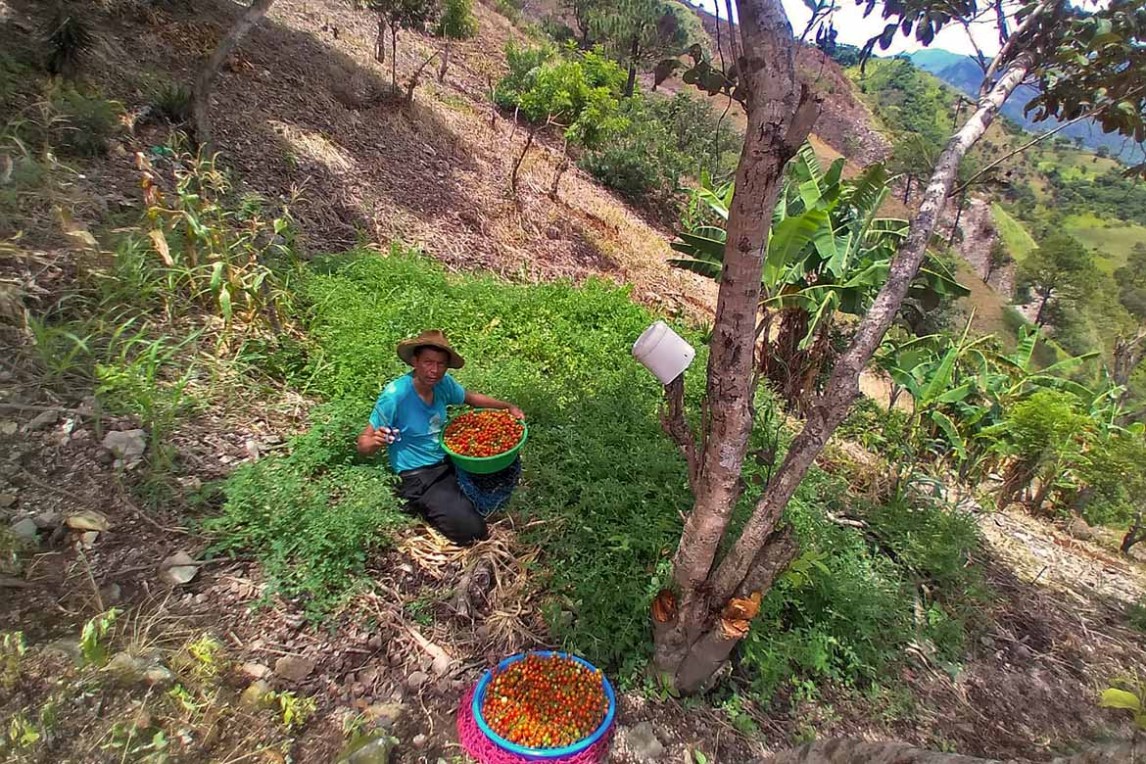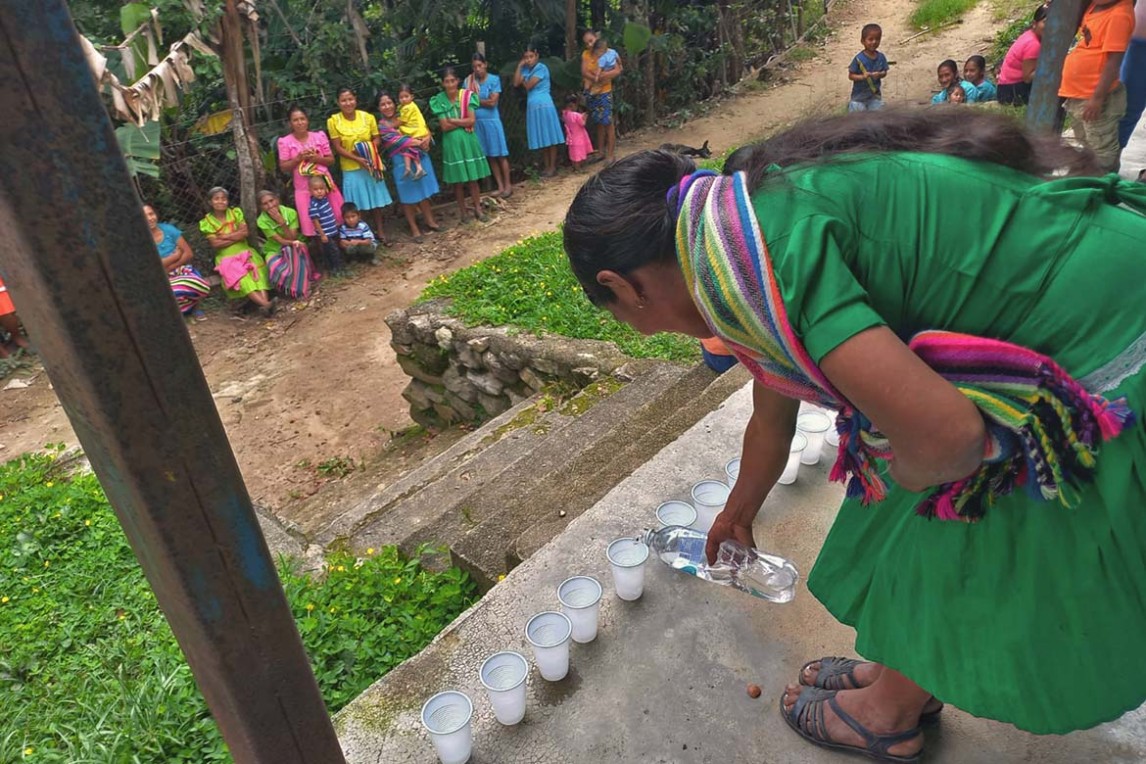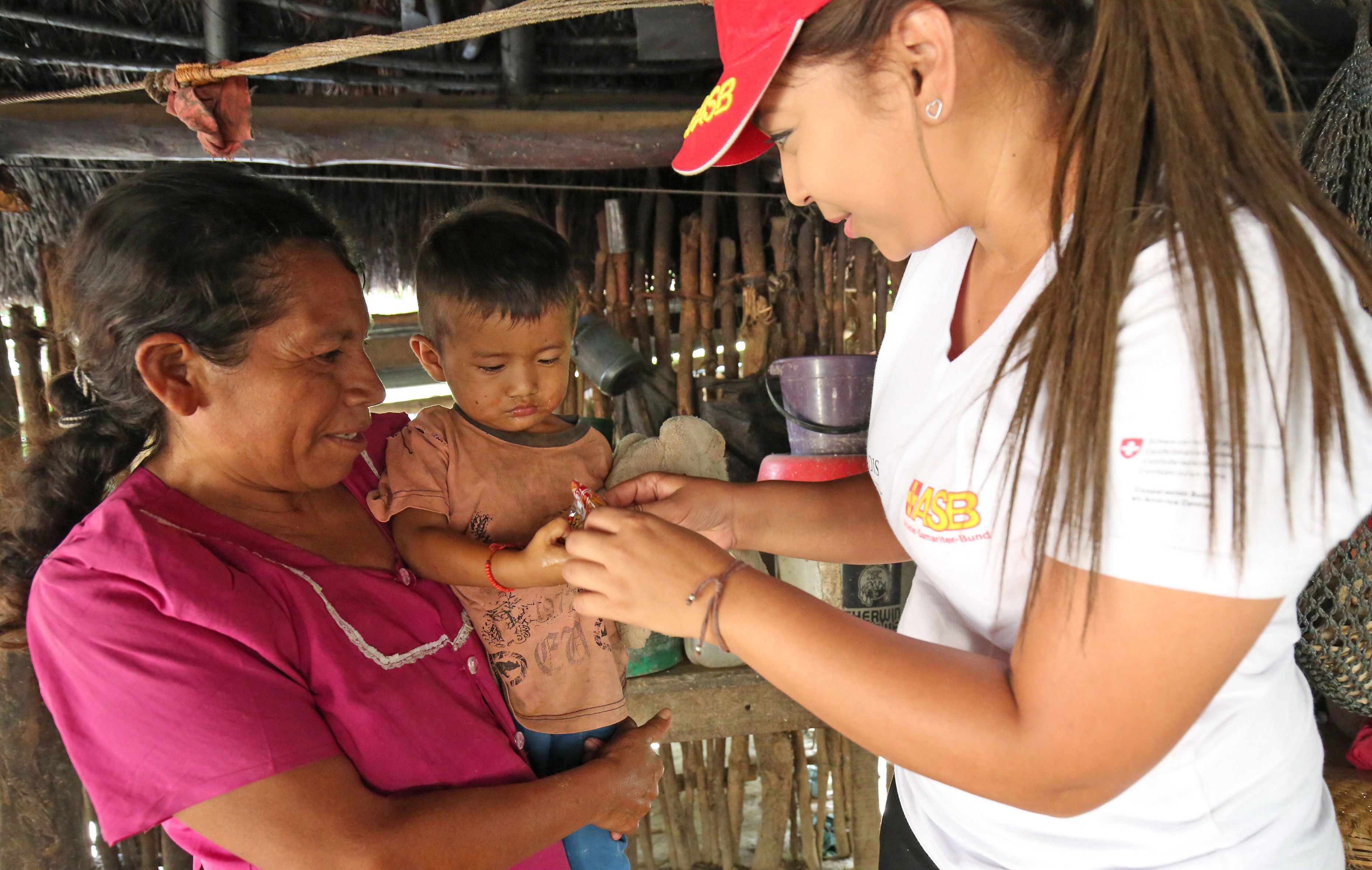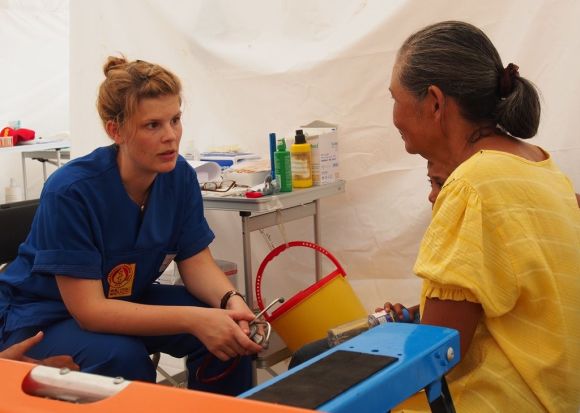-

Project title: A world without hunger in the Maya-Ch’ortí region, Guatemala
-

Project country: Guatemala
-

Project financing: Federal Ministry for Economic Development and Cooperation (BMZ) and own resources of ASB and ASORECH
-

Project volume: € 818,015
-

Project duration: 01/11/21 - 30/04/25
-

Target group: 2,435 smallholder families in the Guatemalan dry corridor who are particularly at risk
